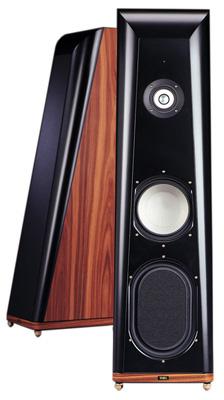| Columns Retired Columns & Blogs |
LATEST ADDITIONS
|
Nov 13, 2005 |
0 comments
Most of you admit to trying questionable tweaks if they are free or reasonably priced. What's the weirdest tweak you've tried? Did it work?
What's the weirdest tweak you've tried? Did it work? (Yes, you can define weird any way you want)
Yes it worked
50% (22 votes)
No it did not work
25% (11 votes)
Never tried one
25% (11 votes)
Total votes: 44





